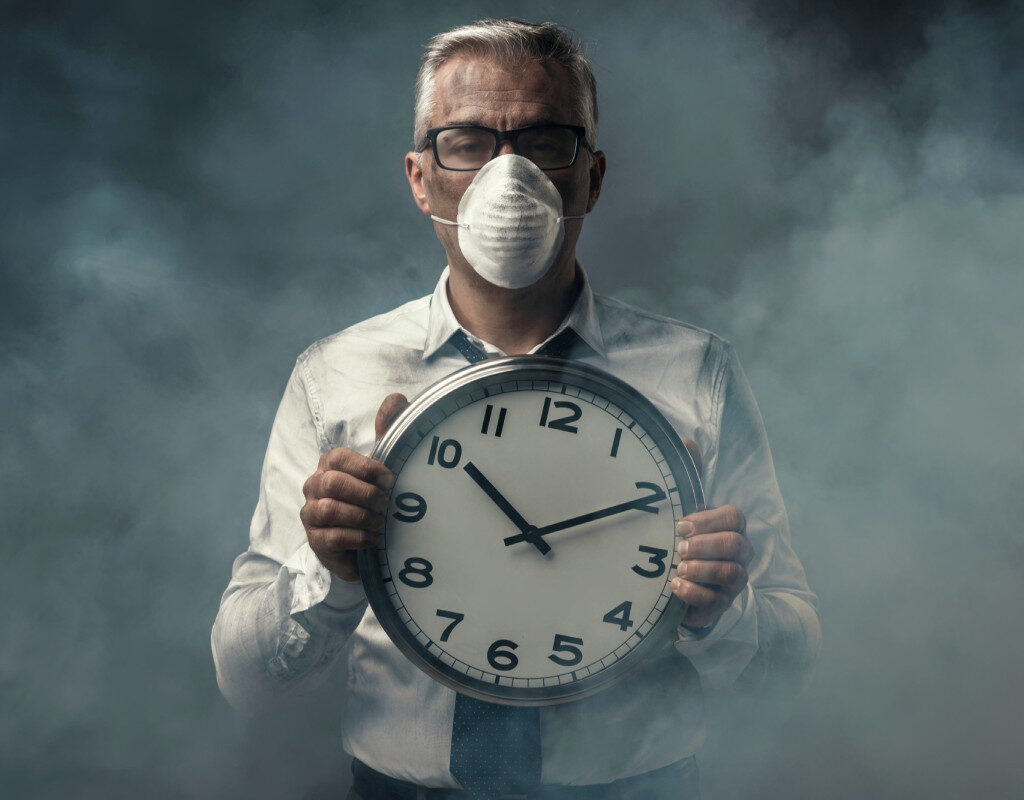In a tale from a grandfather to his grandson, we uncover nature’s wrath: raging seas, erupting volcanoes, and devastating earthquakes. These natural phenomena, intensified by climate change, are a direct response to human assaults on the environment.
Causes and Consequences of Climate Change
A Perspective from Nature
Once upon a time, a grandfather told his grandson, there were moments when nature seemed to rage: the sea, once calm, became turbulent, and fierce, and waves crashed against the coastal rocks, leaving a trail of white foam.
On other occasions, a mountain deep within the earth spews glowing rocks and lava to the surface.
— Sometimes, the earth’s crust fractures, everything moves, and houses and everything on the surface are destroyed or damaged depending on the earthquake’s intensity. Do you know what these natural phenomena are called?
Yes – the grandson replied. When the wind blows very hard over the sea, it creates a storm. A mountain that ejects lava is a volcano. And when the earth trembles, it’s an earthquake.
— Well said – the grandfather noted. Besides, I forgot to mention the damage caused by torrential rains when rivers overflow; now, do you think all these natural phenomena are inevitable?
Well, I think so, they can’t be avoided.
— True, that’s how it is. They have always existed, however, the lifestyle of our current civilization has increased the damage of these phenomena due to climate change.
Climate Change
What is climate change, grandfather?
Climate change is nature’s response when it is mistreated; then, it responds badly… it’s as if it gets much angrier than in the past;
That is, nature reacts differently than usual when disturbed by emitting excessive pollutant gases into the atmosphere; when waste, oil, and garbage are dumped into rivers and seas;
When waters end up in the sea or rivers are not purified; when trees are excessively cut down in jungles and forests, leading to land desertification and so many assaults on nature, that it has no choice but to react differently than it always has.
— Now I understand, grandfather, why climate change occurs.
— And now I have another question: who is most affected by these damages when nature rages? – the grandfather asked.
— I think it affects all people, grandfather.
— That’s right. All people, but especially the poorest countries.
— It’s true – said the boy. Sometimes I see on TV the victims caused by earthquakes or floods, especially in poor countries in Asia or Africa.
— Indeed, the countries that most attack nature are the richest, whose negative consequences are more suffered by the poorest countries.
The dialogue between grandfather and grandson leaves us with a crucial lesson: nature, though powerful, has been altered by climate change. It affects everyone, but especially the most vulnerable. This piece underscores the urgency of acting against climate change to protect our planet and its inhabitants from future catastrophes.
The cover image has been provided courtesy of Depositphotos.com, a resource with more than 250 million photographs, music, and archive videos.





